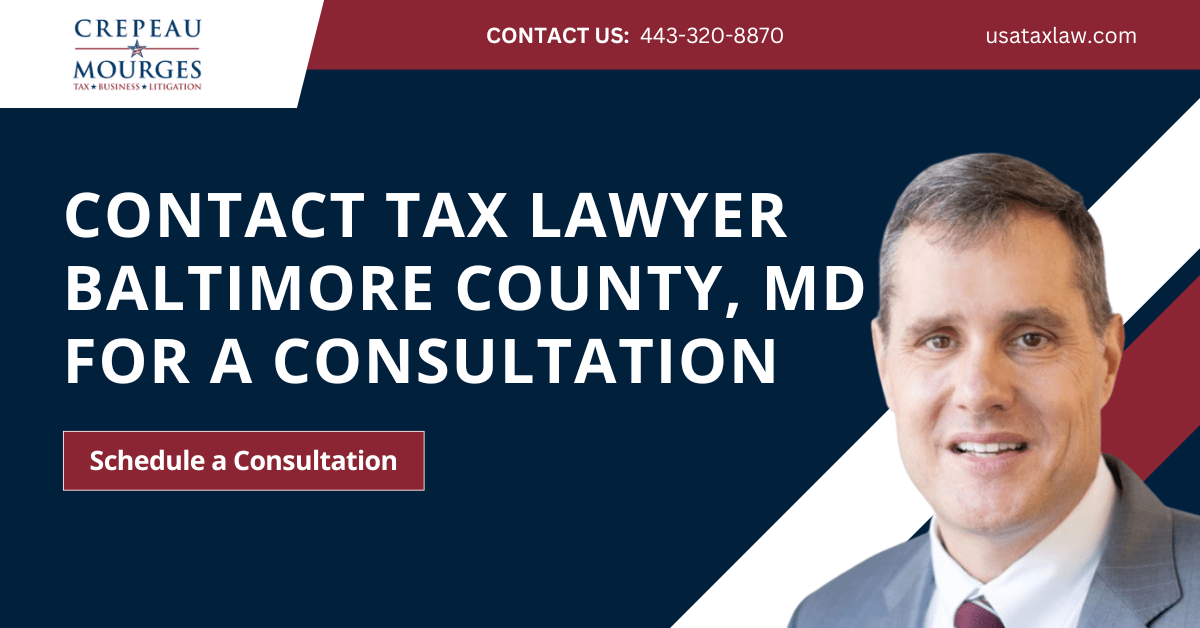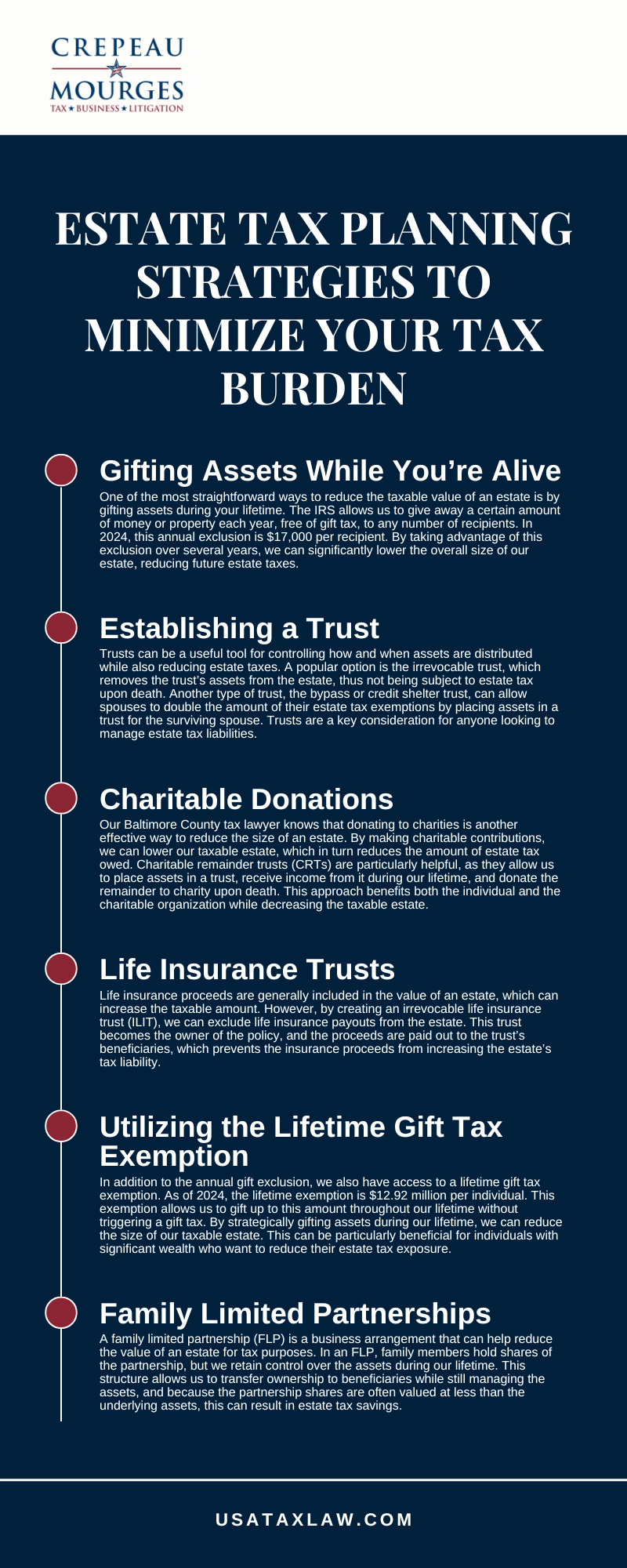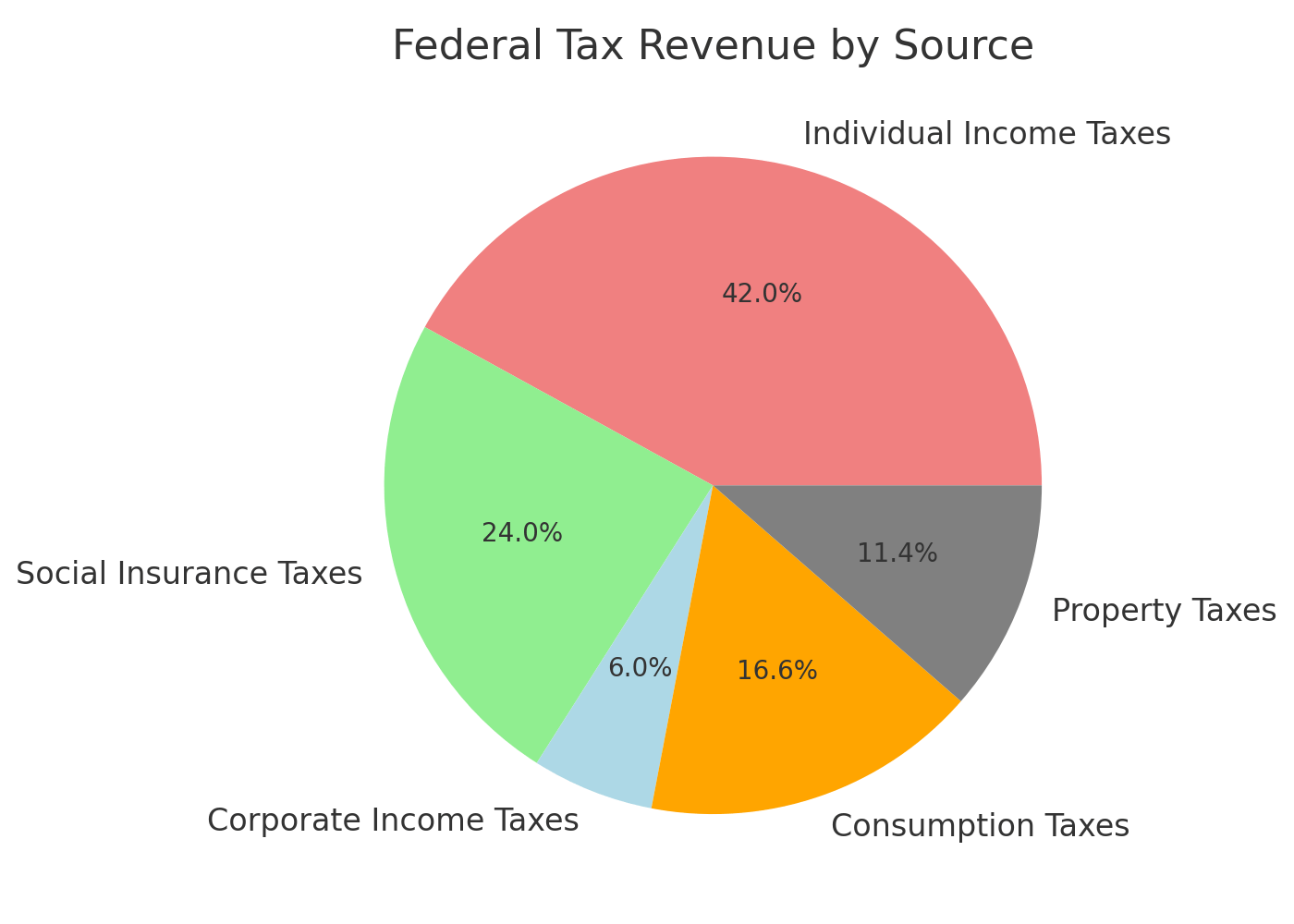
Defining Generation-Skipping Trusts
When you pass away, it is understandable that you want to pass down as much property as you can to your loved ones—hard-earned assets that you worked a lifetime to acquire. For most people, the federal estate tax does not apply to their assets, especially now that the minimum taxable estate has doubled to $11.7 million (as of 2021). Any estate smaller than this will not be taxed. However, if your estate does reach the taxable level, the federal government can take up to 40 percent or more of your estate, which is the average tax for a taxable estate. Our Baltimore, MD tax lawyer residents turn to knows there are methods to reduce the tax you have to pay. One practical way to reduce the size of your estate, and therefore bypass estate tax, is to create what is called a generation-skipping trust.
Why a Generation-Skipping Trust May be Better than Yearly and Lifetime Gifting
One out of 700 Americans has an estate large enough to tax. As such it is rare for any estate to have to pay estate tax nowadays. Yearly gifts, per person, can be up to $15,000 without being taxed. A husband and wife can each give $15,000 to as many heirs as they want, each year, without being taxed.
If the lifetime gifting amount is reached for either, the gifts begin to fall under the estate tax and gift tax exclusion. One method of reducing the size of one’s estate is to begin making yearly maximum gifts to children and grandchildren, but even this may not be enough to reduce your estate in time, and again the gifts can eventually exceed the lifetime gifting amount if enough people are gifted. A generation-skipping trust can be set up for your grandchildren, skipping the generation of your children and therefore bypassing estate tax as well.
Determining Your Eligibility
In addition to applying to grandchildren, you can set up a generation-skipping trust for anyone who is not related to you and is at least 37.5 years younger than you, other than your spouse or ex-spouse. A bonus is that your children can profit from this generation-skipping trust as well, by utilizing the profits made by the assets within the trust.
Reach Out to Our Firm Today
Our experienced tax attorney can help explain the benefits of a generation-skipping trust, as well as help you set it up to minimize or cut out all of the taxes you would have to pay otherwise. Contact Crepeau Mourges today for more information.
Tax Debt Negotiations
Our Baltimore County, MD tax lawyers can help you minimize your tax debt and find financial security. At Crepeau Mourges, we’ve spent over 40 years fighting for our clients, and we’ve assisted with cases ranging from tax law to business law and beyond. Now, it’s our turn to help you. Read on to learn more about tax debt, and get in touch with us today to see what our professionals can do for you.
Understanding Tax Debt
Tax debt arises when taxes owed to the government are unpaid by the due date. This can accumulate from income taxes, business taxes, or even property taxes. When these debts are not settled, they can grow significantly due to penalties and interest. This can lead to a stressful situation, especially since your tax debt may just keep growing unless you take action. Recognizing the seriousness of tax debt is the first step toward resolving it.
Preparing For Tax Debt Negotiations
Preparation is a critical component of successful tax debt negotiations. This involves gathering all relevant financial documents, including income statements, expense reports, and records of previous communications with tax authorities. A clear understanding of your financial situation will help in presenting a strong case during negotiations, especially for tax disputes.
Options Available In Tax Debt Negotiations
There are several strategies that might be employed during tax debt negotiations. One common approach is an installment agreement, which allows the debt to be paid over time. Another option could be an offer in compromise, where you settle your tax debts for less than what you owe, provided you meet certain conditions. It’s important to discuss which strategy best suits your specific situation.
Fortunately, our lawyer can walk you through your options. We offer free case reviews so you can better understand your next steps, and whether you can benefit from experienced legal assistance.
What To Expect During Negotiations
Negotiations with tax authorities can be lengthy and require patience. It’s important to approach these negotiations with a realistic outlook and a commitment to open, honest communication. Throughout this process, maintaining organized records and being proactive in responding to requests from tax authorities will be beneficial.
Possible Outcomes Of Tax Debt Negotiations
The outcomes of tax debt negotiations can vary. Some may result in a reduced payment plan that alleviates financial burdens, while others might conclude with a compromise on the total amount owed. In every case, the goal is to reach an agreement that is manageable for the taxpayer and acceptable to the tax authority.
Contact Us Today
At Crepeau Mourges, we provide support to individuals and businesses dealing with tax debt. Our approach is based on a thorough understanding of tax law and diligent preparation for every case. We work closely with our clients to make sure that they are represented fairly during negotiations and that the outcomes support their financial recovery and stability. If you are struggling with tax debt and unsure of how to proceed, contact us today, and see what our IRS tax attorney can do for you.
Estate Tax Planning Strategies To Minimize Your Tax Burden
Our Baltimore County, MD tax lawyer knows that when it comes to estate planning, careful consideration can help reduce tax burdens and preserve more wealth for beneficiaries. There are several strategies that can help you minimize the amount of taxes owed on an estate, allowing you to pass on more assets to the next generation. We are a veteran-owned law firm and are committed to helping our clients.
Gifting Assets While You’re Alive
One of the most straightforward ways to reduce the taxable value of an estate is by gifting assets during your lifetime. The IRS allows us to give away a certain amount of money or property each year, free of gift tax, to any number of recipients. In 2024, this annual exclusion is $17,000 per recipient. By taking advantage of this exclusion over several years, we can significantly lower the overall size of our estate, reducing future estate taxes.
Establishing a Trust
Trusts can be a useful tool for controlling how and when assets are distributed while also reducing estate taxes. A popular option is the irrevocable trust, which removes the trust’s assets from the estate, thus not being subject to estate tax upon death. Another type of trust, the bypass or credit shelter trust, can allow spouses to double the amount of their estate tax exemptions by placing assets in a trust for the surviving spouse. Trusts are a key consideration for anyone looking to manage estate tax liabilities.
Charitable Donations
Donating to charities is another effective way to reduce the size of an estate. By making charitable contributions, we can lower our taxable estate, which in turn reduces the amount of estate tax owed. Charitable remainder trusts (CRTs) are particularly helpful, as they allow us to place assets in a trust, receive income from it during our lifetime, and donate the remainder to charity upon death. This approach benefits both the individual and the charitable organization while decreasing the taxable estate.
Life Insurance Trusts
Life insurance proceeds are generally included in the value of an estate, which can increase the taxable amount. However, by creating an irrevocable life insurance trust (ILIT), we can exclude life insurance payouts from the estate. This trust becomes the owner of the policy, and the proceeds are paid out to the trust’s beneficiaries, which prevents the insurance proceeds from increasing the estate’s tax liability.
Utilizing the Lifetime Gift Tax Exemption
In addition to the annual gift exclusion, we also have access to a lifetime gift tax exemption. As of 2024, the lifetime exemption is $12.92 million per individual. This exemption allows us to gift up to this amount throughout our lifetime without triggering a gift tax. By strategically gifting assets during our lifetime, we can reduce the size of our taxable estate. This can be particularly beneficial for individuals with significant wealth who want to reduce their estate tax exposure.
Family Limited Partnerships
A family limited partnership (FLP) is a business arrangement that can help reduce the value of an estate for tax purposes. In an FLP, family members hold shares of the partnership, but we retain control over the assets during our lifetime. This structure allows us to transfer ownership to beneficiaries while still managing the assets, and because the partnership shares are often valued at less than the underlying assets, this can result in estate tax savings.
Baltimore County Tax Law Infographic
Baltimore County Tax Law Statistics
The U.S. federal tax system is a cornerstone of the nation’s economy, funding essential services and infrastructure. Understanding the structure and sources of federal tax revenue provides insight into the nation’s fiscal health.
Federal Tax Revenue Breakdown
In fiscal year 2024, the U.S. federal government collected over $5.1 trillion in gross taxes. The distribution of this revenue by source is as follows:
- Individual Income Taxes: Approximately 42%
- Social Insurance Taxes (e.g., Social Security, Medicare): Around 24%
- Corporate Income Taxes: About 6%
- Consumption Taxes (e.g., excise taxes): Approximately 16.6%
- Property Taxes: Around 11.4%
Baltimore County Tax Law FAQs
Our Baltimore County, MD tax lawyer knows that filing taxes during a divorce can be confusing, especially when many aspects of your financial situation are changing. Whether you’re in the process of separation or have already finalized your divorce, it’s important to understand how this affects your tax filings. We have 40+ years of experience in tax law and are ready to help you. You may have other questions about audits or appeals and we can help with those too, so call our office. We have offices in Hanover, Maryland and Florida, so speak with us today.
Will I File Taxes Jointly Or Separately During My Divorce?
If you are still legally married on the last day of the tax year, you can choose to file jointly or separately. Filing jointly typically offers more tax benefits, but it also means you are both responsible for the tax return. If you prefer to avoid sharing that responsibility, filing separately might be the best choice. However, there are limitations on deductions and credits when filing separately, so it’s important to carefully consider your options.
What Tax Deductions Or Credits Will I Lose During My Divorce?
Divorce can change your eligibility for certain tax benefits. For instance, if you are no longer living with your spouse, you may lose access to certain joint tax benefits, such as the Earned Income Tax Credit. Additionally, if your children will primarily live with your ex-spouse, you may lose the ability to claim them as dependents. However, some divorce settlements allow the noncustodial parent to claim the children, so it’s important to review your settlement or court orders to see how this applies to your tax filing.
How Does Alimony Or Child Support Affect My Taxes?
Alimony can affect your taxes differently than child support. If you receive alimony, it is generally considered taxable income. On the other hand, child support is not taxable and does not need to be reported as income. If you are paying alimony, it may be deductible, but only if the divorce agreement was finalized before 2019. After 2018, alimony is no longer deductible for the paying spouse due to tax law changes.
Can I Claim My Children As Dependents After The Divorce?
Whether you can claim. your children as dependents after your divorce depends on the terms of your divorce settlement or court order. Generally, the custodial parent, or the parent with whom the child spends more than half the year, can claim the child as a dependent. However, the noncustodial parent may be able to claim the child if the divorce agreement gives them that right. This can impact tax credits such as the Child Tax Credit, so it’s important to check your settlement or discuss this with your tax professional.
What Should I Do If My Divorce Was Finalized After The Year Ended, But I’m Still In The Process Of Separation?
If your divorce was finalized after the tax year ended, you will file taxes as married unless you qualify for the head of household status. Head of household status can be claimed if you are living separately from your spouse for more than half the year and are supporting your child or children. It’s essential to keep records of the separation timeline to determine the appropriate filing status.
Going through a divorce can be an emotional and financial challenge, and we understand that filing taxes during this time may feel overwhelming. Our team is here to help guide you through the process and provide the support you need to make informed decisions. If you have any questions or need assistance with your tax filings, audits, or other ax-related business, don’t hesitate to reach out to us. Our Baltimore County tax audit attorney is here to assist you every step of the way.
Baltimore County Tax Law Glossary
When working with our Baltimore County, MD tax lawyer, having a clear understanding of certain estate and gift tax planning terms can help us make informed decisions about our financial future. Whether you’re considering a trust, planning for multi-generational wealth transfers, or working to manage tax obligations, precise knowledge of key legal tools is essential. Below are several terms and concepts that commonly come up in our work. We explain each in detail to help clarify their role in estate and tax matters.
Generation-Skipping Trust
A generation-skipping trust is a type of legal arrangement that transfers assets to a beneficiary who is at least 37.5 years younger than the person establishing the trust, usually a grandchild. The key purpose of this trust is to bypass the children of the trust creator and shift wealth directly to grandchildren or another younger generation. This can significantly reduce or eliminate the federal estate tax that would otherwise apply if assets passed through each generational level. In certain cases, it also applies to unrelated individuals who meet the age difference criteria. This type of trust can be particularly effective when structured to allow the skipped generation—often the creator’s children—to still benefit from the trust’s income, without becoming direct recipients of the principal.
Lifetime Gift Tax Exemption
The lifetime gift tax exemption is the total amount a person can give away over their lifetime without having to pay federal gift taxes. For 2024, this exemption is set at $12.92 million per individual. Gifts made during a person’s life that exceed the annual exclusion amount ($17,000 per recipient in 2024) are subtracted from this lifetime limit. Once the exemption amount is reached, any additional gifts may be subject to taxation. This exemption is an essential part of long-term estate tax planning because it allows significant asset transfers to occur while the donor is still alive, potentially reducing the size of the estate and the eventual estate tax owed.
Irrevocable Trust
An irrevocable trust is a legal structure that, once established and funded, cannot be altered or terminated by the person who created it, except under very limited circumstances. This type of trust is often used in estate planning because the assets it contains are removed from the creator’s taxable estate. Once transferred into the trust, these assets are no longer owned by the individual, and therefore are not subject to estate taxes upon their death. In addition to tax advantages, irrevocable trusts can offer protection from creditors and help with Medicaid planning. However, because the creator gives up control, it’s important to carefully consider the terms before finalizing the trust.
Offer In Compromise
An offer in compromise is an agreement between a taxpayer and the IRS that allows the taxpayer to settle their tax debt for less than the full amount owed. This option is generally available to individuals who can demonstrate that they are unable to pay the full tax liability or doing so would create a financial hardship. Approval depends on a thorough review of the taxpayer’s income, expenses, assets, and overall ability to pay. It’s not a guaranteed solution, but it can be a useful tool for reducing debt and resolving outstanding tax obligations. A careful review of eligibility requirements and preparation of a complete application are necessary to pursue this route effectively.
Installment Agreement
An installment agreement is a payment plan offered by the IRS that allows individuals or businesses to pay their tax debt over time in regular monthly payments. This option can help reduce the financial pressure of a large one-time payment and avoid further collection actions like levies or garnishments. There are different types of installment agreements, and the terms will depend on the total amount owed and the taxpayer’s financial situation. Entering into such an agreement also generally halts additional penalties and collection efforts, as long as the taxpayer stays current on payments and future tax filings.
If you’re dealing with estate or tax matters and need clear guidance, our team at Crepeau Mourges is here to help. Schedule a consultation with our Baltimore County, MD tax lawyer today to find out how we can support your long-term planning and financial goals.
Contact Our Baltimore County Tax Lawyers Today
Tax matters can be complex and carry significant financial and legal consequences. Crepeau Mourges provides trusted counsel and representation to individuals and businesses in Baltimore County facing IRS audits, tax disputes, and compliance challenges. Contact us today to schedule a confidential consultation and learn how we can help you navigate your tax concerns with confidence and precision.







